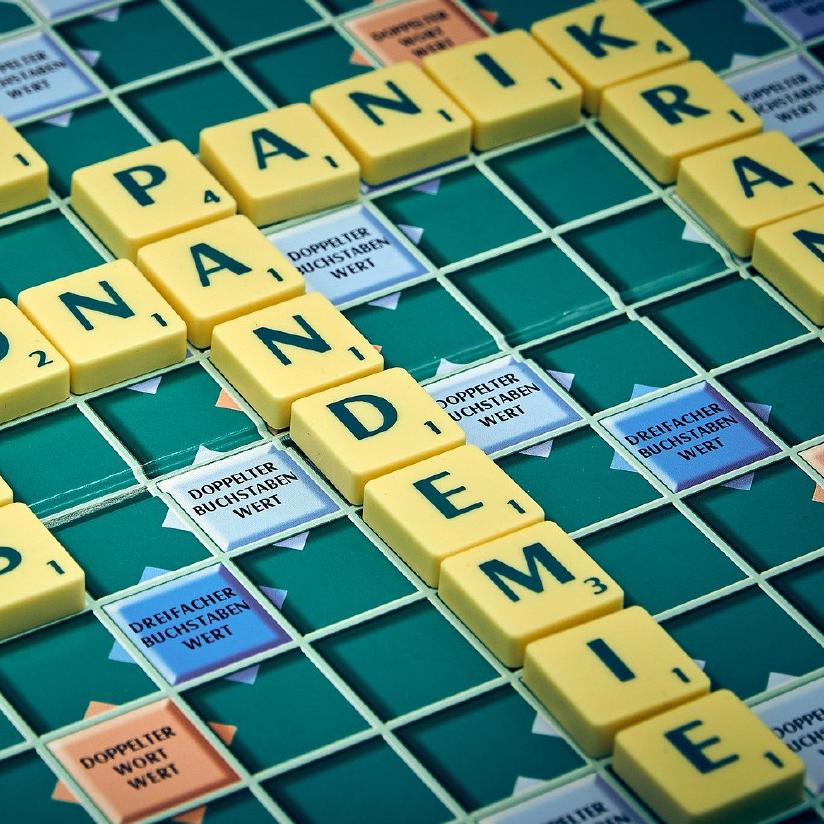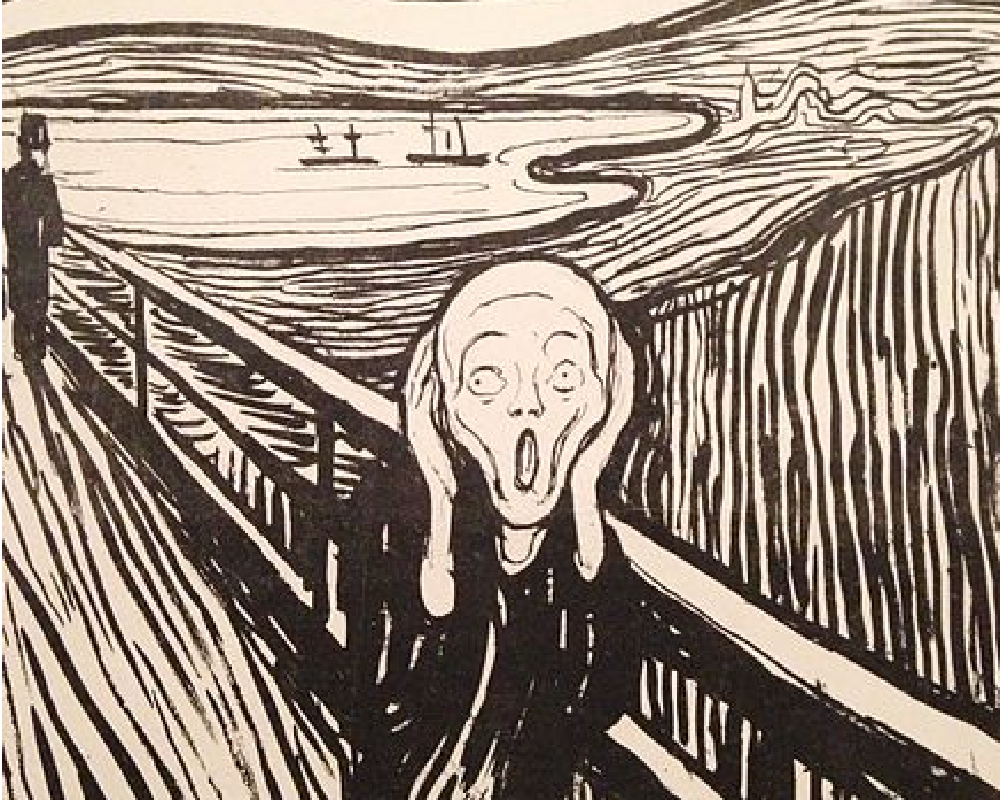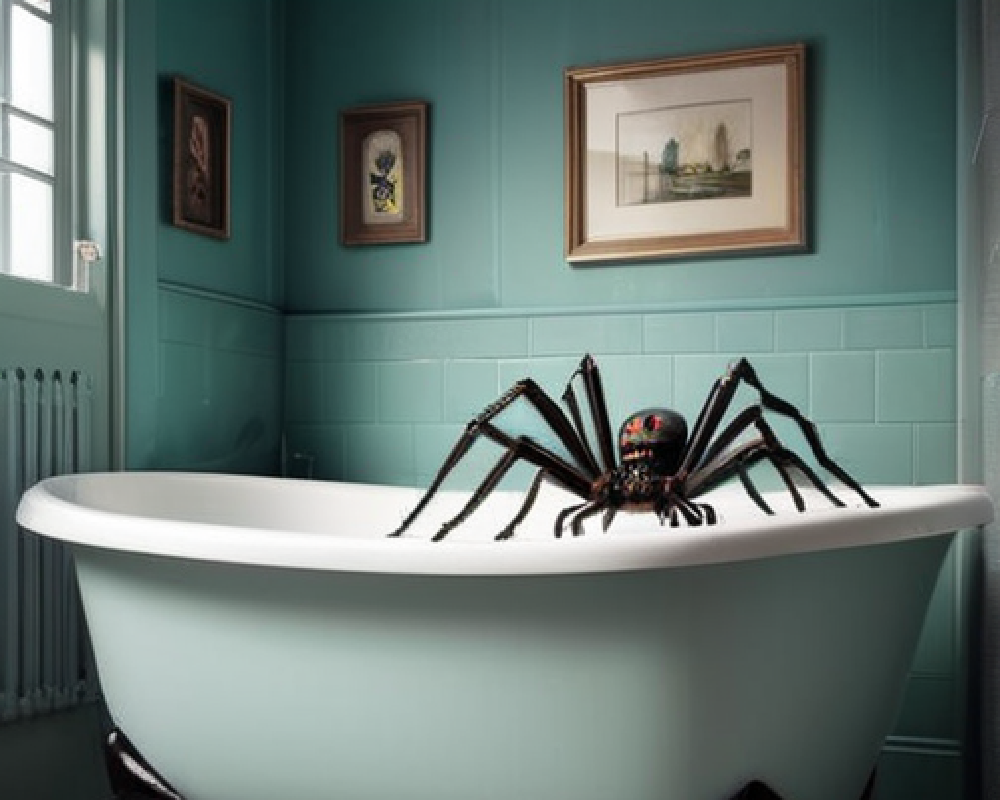I’m getting a bit wary of opening newsletters at the moment.
Large companies have been reaching out ‘in these troubled times,’ to remind us that ‘we’re all in this together’ and – in solidarity with the grieving – are offering a 20% discount on certain items, while stocks last.
Not only is this crass, it makes me feel sheepish for even having a newsletter.
Then there are the other folks who, while faced with a global pandemic, see little option than to make the entire issue about themselves. It’s normalised, of course. We’re not supposed to notice.
Celebrities are interviewing each other to show us how human and normal they are even in these trying times. Some actors were singing songs to remind us that they, too, deserve attention some of the time! Goodness, that’s reasonable, isn’t it?
The virus, regardless of how politicians spin it, flies through the world on wings of incompetence. It spreads via negligence in high places. Some countries have proven this to be the case simply by responding sanely. South Korea is killing it. And if you want a break from all the bleak news, read about how well New Zealand is doing. The kiwis are inspiring.
My brother-in-law is an ER nurse in the intensive care ward of a major hospital in Brisbane, Australia; according to him, things are quiet there. This surprised me. After all, our current Prime Minister, when noticing the country was basically on fire, thought it prudent to go on vacation in Hawaii. As the virus swept through Australia, I expected our PM to call a special meeting of aerospace engineers and astrophysicists. I could picture him sitting at the end of a table, nervously tapping his leg. Hushed tones, an awkward silence, and finally a shrill, strained voice announcing to the assembled experts, “I should like very much to go to the moon – might any of you be able to arrange this?”
So things are going better than expected down there, so that’s good. Here in the United States it’s a bit more worrying. A friend lost his step-father yesterday. I texted him, ‘Wait, are you saying your Mum is single?’ And we both enjoyed that for a moment.
Humour helps humans cope with mortality, as I’ve mentioned before. In other words, we evolved a sense of humour to help us survive horrible situations. One time, my In-Laws made me sit down and watch Adam Sandler’s The Water Boy with them, and I needed a sense of humour for that situation, let me tell you. It’s interesting that there is rarely much correlation between the things that are funny, and the things that should be.
Now take me, I’m a terrifically funny person – just ask me, and I will tell you so, very calmly while meeting your gaze, so it’s almost certainly true. But I cannot tell you the number of times that I have made a room laugh only to have someone at the back declare, authoritatively, ‘that’s not funny’, even though the subject of the remark was not related to them at all. I have this recurring question in my mind: why is it that people who aren’t funny so deliriously confident when it comes to evaluating humour’s quality?
A percentage of people don’t even understand humour; they seem to find its existence irritating. These people perplex us, because humour seems like such a quintessentially human experience, so we usually excuse these people by saying to ourselves, “they have a different sense of humour from me, that all. Which also explains that shirt…”
It seems that only a small percentage of people can just generate jokes reliably, extemporaneously, in any situation. And people like that, who are funny, try to seek each other out – like cigarette afficionados under a stairwell. We crave camaraderie and mutual understanding because we each share the same problem, which is living with the constant and painful awareness of what it is we should not say under any circumstances.
For this reason, I have a particular horror of funerals; I am not suited for such solemnity and hope never to attend my own. All reason escapes me in the presence of the dead – all my mind knows in grave moments is a litany of inappropriate thoughts. It’s just how my brain works, I’m afraid. Maybe it’s a coping mechanism, but it’s not a comforting one. It’s downright hellish to stand about with the corner of one’s mouth twitching, while the nearest and dearest glare and whisper, ‘whatever it is you’re thinking of saying, don’t’.
I don’t usually admit this but a good half of my closest relatives were born without a sense of humour. It’s a terrible genetic trait – a recessive gene, perhaps, which for a long time made me hesitant about having children. It’s only logical, then, that these family members of mine adore funerals. They’d love my own, I suspect, possibly because I don’t plan on being there, but also because of the dry-eyed gravitas of a social activity they can attend without anyone expecting them to smile.
The joke’s on them, as usual, because I have already made certain funeral arrangements for myself in advance. For instance, in the event of my untimely demise, my coffin shall be filled – minutes before cremation – with fireworks. Half of my body shall be left to science, the other to be ‘repurposed’, in the interests of making really authentic Halloween ornaments.
But look at me, talking about funerals in a time of global pandemic. You see what I have to contend with? I didn’t mean to write all this – it was involuntarily. This is why I’m an introvert, by the way. To spare people. And to spare myself these moments of awkward explanation.
Before I go, let me urge you to please stay healthy and safe. Six feet away from everybody, and all that business. For my sake as well as yours – after all, you know how I feel about funerals.



